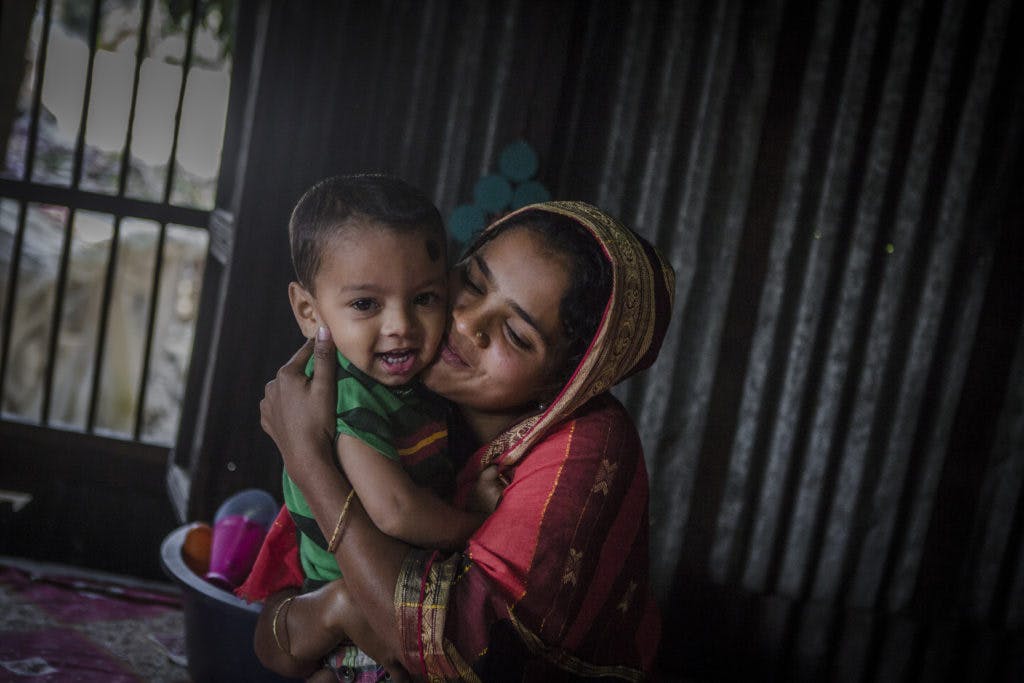
Government Partner
Bangladesh
Bangladesh's commitment to family planning and its efforts to improve reproductive health has had a positive impact on the country's development.
As a result of these efforts, Bangladesh has made significant progress in improving maternal and child health, reducing maternal and infant mortality rates, and increasing contraceptive prevalence rates. The country has also been recognized for its success in reducing population growth and achieving demographic transition.
Commitments made to:
Data in 2023
The data displayed on this page is courtesy of the Track20 Project. Implemented by Avenir Health, Track20 monitors progress towards achieving the goals of the global FP2020 initiative and new FP2030 partnership.
About The General Directorate for Family Planning Bangladesh
Bangladesh Family Planning Program evolved through a series of development phases that took place during the last 52 years. Family planning efforts in this country began in the early 1950s with voluntary efforts of a group of social and medical workers. Categorical FP program emerged during 1965-95 with the objective to control population growth as a strategy of economic development.


Become an FP2030 Partner











